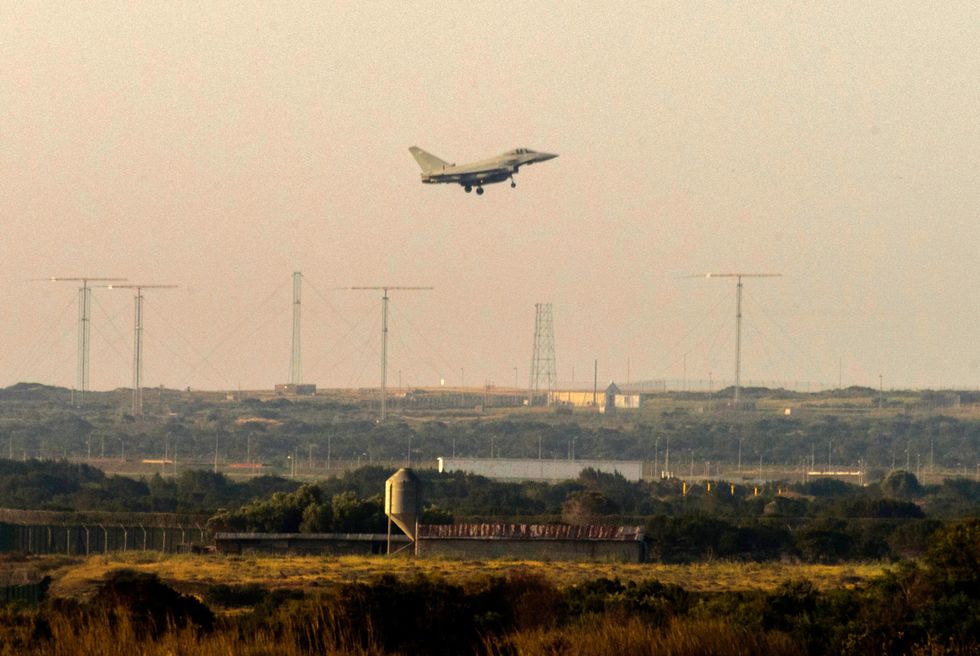
IAKOVOS HATZISTAVROU/AFP/Getty Images

There have been many new developments since President Donald Trump announced the United States, in conjunction with France and the United Kingdom, was conducting a massive strike against the Syrian regime for again using chemical weapons against its own people.
Here's everything we know so far.
According to the Washington Post, Syria and Iran "shrugged off" the attacks. Iran’s Supreme Leader, Ayatalloh Ali Khamenei, called the strikes a "crime."
Syrian leaders described the strikes as "barbarous aggression." They also claimed the strikes would not "affect in any way the determination and insistence of the Syrian people and their heroic armed forces."
Russia, as TheBlaze earlier reported, claimed the strikes were an insult against Russian President Vladimir Putin and said they "will not be left without consequences."
According to Al Arabiya, Russia has requested an emergency United Nations Security Council meeting on Saturday to discuss the strikes.
Meanwhile, the Post reported Syrians in Damascus were wholly against the strikes and took to the streets to protest them. According to Syrian State TV, Damascus residents gathered in the streets to show their support of Syrian dictator Bashar al-Assad while waving Syrian, Iranian and Russian flags.
However, those images likely do not speak for the majority of Syrians, who for nearly a decade have served as pawns in Assad's civil war.
"We thought it would be much bigger than this," Ahmed Primo, a journalist and activist now living in Turkey told the Post. “After seven years of war, we don’t believe that anyone will come to help the Syrian people anymore."
According to Reuters, the U.S. military used Tomahawk cruise missiles in the strike. The missiles are subsonic and are typically launched from battleships, although submarines can also deploy them. The missiles have a range of up to 1,500 miles, carry a 1,000 pound warhead and cost more than $1 million per unit.
According to reports, the missiles only targeted areas believed to be used in chemical weapons attacks. From the Post:
The United States and its allies said three facilities associated with Syria’s chemical weapons program were targeted: a scientific research center in the greater Damascus area, a chemical weapons storage facility west of Homs, and a chemical weapons equipment storage facility and command post, also near Homs.
However, Russia claimed its air defenses in Syria shot down more than 70 of the 103 U.S. cruise missiles launched. That number is unconfirmed and likely bloated — if there's any truth to it at all. Ground reports, pictures and videos showed destruction at target sites.
Indeed, Lt. Gen. Kenneth McKenzie confirmed Saturday the Russians have initiated a disinformation campaign surrounding the strike.
Dozens of lawmakers, mostly Democrats, penned a letter to President Donald Trump late Friday urging him to consult with Congress prior to any addition strikes in concordance with the Constitution and the 1973 War Powers Resolution.
Others, like Sen. John McCain (R-Ariz.), praised the strikes.
Trump said Saturday morning the U.S. and its allies achieved its intended mission in the region.